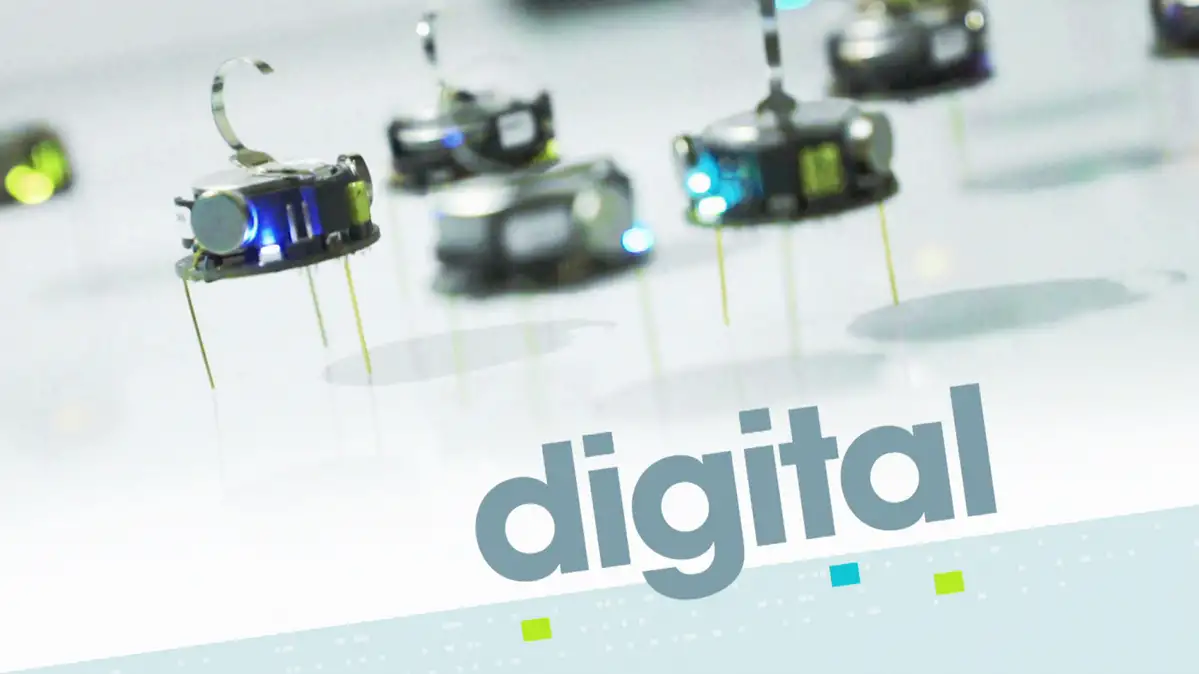digital | Highlight

The digital revolution has advanced into many areas of our lives. For most people, digital technologies are now an intrinsic part of both working life and leisure time. In many ways, they enrich our life and make it easier – for example, by making information and resources accessible, providing a diverse range of communication platforms, and taking on monotonous or dangerous jobs. Highly complex systems can now detect cancer cells in tissue samples more quickly and efficiently than ever before, or brake vehicles ahead of a potential collision. But these technologies also harbor risks. Many everyday interactions require us to divulge a huge amount of personal information – used by unknown entities to bombard us with news, marketing and political messages. The question remains: Who – or what – are the better decision-makers. Humans or machines?
Order number 264940 (024-027),
Documentary, 04 x 30 min., Arabic, English, Spanish
(23 additional eps. available)
Episode synopses:
024
Digital Courtroom – Artificial Intelligence and the Law
In many countries, official administrative bodies are undergoing a process of digital transformation. Hardly anywhere is the scope of this change greater than in the judicial system. Artificial Intelligence promises more neutrality and efficiency in the legal arena. It is already being used to assess the likelihood of recidivism among past offenders. But, how can machine decisions be controlled? What factors need to be taken into account when developing such technologies? And what does it mean for a person to be sentenced by a machine?
025
Copy Me! – My Digital Twin and I
A digital twin is a computerized image of a real object. The technology employed to create virtual copies can also be used to replicate a human being. Personal data is utilized in the training of an Artificial Intelligence which, when linked to an avatar, simulates a personality as credibly as possible. This method is intended to preserve the memories and characteristics of a person beyond their lifetime. That way, family and loved ones can, for example, remain in contact with the digital copy, even after death. How is such a copy created? And what ethical questions does this raise?


026
Playing with Emotions – Manipulation Online
The constant presence of the Internet has a strong impact on the human psyche and communication. Online, people can be deliberately influenced in their fear, anger, love or pride. They can also become emotionally blunted. How can we orient ourselves in this new reality? Is trust even possible, in a world characterized by fake news, propaganda and simulated relationships? An American internet troll, a burnt-out superstar of the Asian influencer industry, a cynical fake news factory in Eastern Europe, Russian state propagandists and a psychologist all offer revealing insights into the reality of emotional manipulation.

027
Troll Alert: Online Schadenfreude
There are different types of Internet trolls. Some act in an organized and very aggressive manner, disrupting online discussions with their provocative content. But there’s probably a little troll in almost everyone. Especially when it comes to heated discussions, thoughtless comments can set an avalanche in motion. Where do we draw the line between a legitimate expression of opinion and abuse? There are no blanket answers. This means it’s worth taking a closer look at specific examples, from both judicial and social perspectives.
